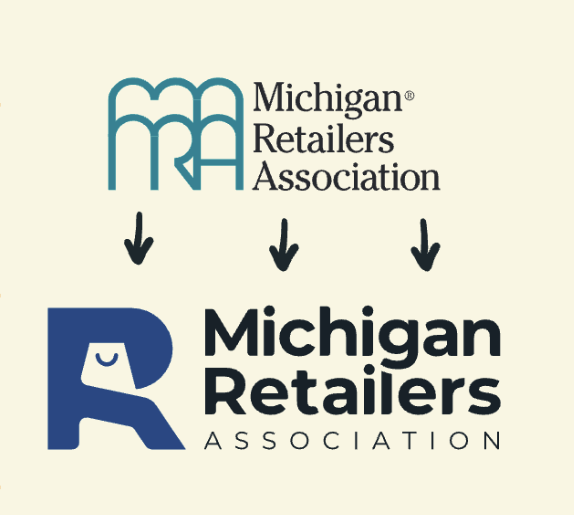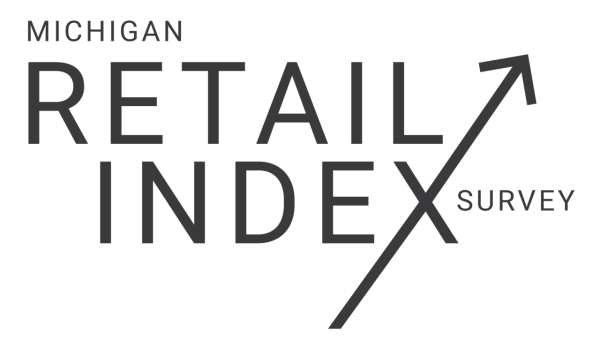Tax Tribunal changes could have big impact
Legislation introduced on April 19 as HB 5578 could have a big impact on commercial property taxes and tax appeals. Authored by the “Dark Stores” workgroup leader and vice-chairman of the House Tax Policy Committee, the legislation is in response to local governments reeling from big-box stores’ successful appeals to the Michigan Tax Tribunal, as well as recent cuts in state revenue sharing.
The bill would drastically change how the Michigan Tax Tribunal reviews appeals, its powers and its ability to consider comparable sales for claims ineligible for the residential and small claims division. The residential and small claims division of the Tax Tribunal hears appeals on real and personal property with a taxable value under $100,000 or tax disputes under $20,000. Under the legislation, the tribunal would be required to prepare a detailed independent valuation for each appeal. This would lengthen the appeal time and the cost to the tribunal, taxpayers and local units of government. The House Tax Policy Committee plans to hold a hearing on the legislation on Wednesday, April 27. MRA will testify in opposition to the changes and is working to build a strong coalition of opposition.
Plastic bag/container pre-emption bill
The Senate Commerce Committee on Wednesday heard testimony on legislation to pre-empt local ordinances related to plastic bags and containers. The bill would prevent a county, city, township or village from adopting ordinances banning the use of, sale of, or requiring a fee on a bag, cup, bottle or other packaging, whether reusable or single-use, that is made of cloth, paper, plastic, cardboard, corrugated material, aluminum, glass, postconsumer recycled material, or similar material and is designed for transporting, consuming or protecting merchandise, food or beverages.
Local units of government across the country have been exercising an unprecedented amount of legislative and regulatory authority that is generally reserved for state policy. The Senate bill follows the lead of other states that have taken action to prevent a patchwork of local rules on containers, rules that place a burden on retailers and consumers. The bill is similar to MRA’s 2015 successful effort to pre-empt local ordinances on wage and benefit issues. Like the 2015 legislation, the bill addresses which entities should have legislative and regulatory authority on issues that impact private business practices but do not involve tax dollars or local services. MRA believes that issues involving private business practices are better handled at the state level to avoid a complicated patchwork of local regulations.
There are two counties currently considering the adoption of a plastic bag ordinance, making this a timely issue for Michigan retailers. MRA testified in support of SB 853. The committee plans to vote on the bill on April 27.
Bill attempts to correct new 9-1-1 regulations
SB 878, introduced on April 13, would amend problematic regulations, designed to pinpoint the location of someone making a 9-1-1 call within a building or several buildings, that go into effect at the end of the year. On December 31, 2016, a new set of regulations will be imposed on the owners of multi-line telephone systems to pinpoint the exact location of every telecommunications device capable of calling 911 within a building or campus of buildings.
Originally, the rules would only impact buildings over 40,000 square feet, but they were amended to impact buildings larger than 7,000 square feet. To add confusion, the State 9-1-1 Committee cannot give definitive answers on how businesses can adequately comply with the new rules. SB 878 would ensure the regulations only apply to buildings larger than 40,000 square feet. The bill was referred to the Senate Commerce Committee.
Other important items to note:
GROCERY/CONVENIENCE
- Anti-choking training: Legislation introduced as SB 863 on March 24 would require food service establishments to have an employee trained in anti-choking techniques. The bill was referred to the Senate Regulatory Reform Committee.
- Cigar Tax Cap: On April 19, legislation to extend the October 31, 2016, sunset on the 50-cent cap on cigar taxes to October 31, 2021 was signed into law by Gov. Snyder as Public Act 86 of 2016. The bill originally removed the sunset entirely but was amended to simply extend the sunset after several health groups expressed concerns.
- Quota system for SDM licenses: SB 904, introduced on Thursday, would implement a quota limitation for specially designated merchant (SDM) licenses. An SDM license is required to sell beer and wine for consumption off-premise. The bill would limit the number of licenses to 1 for every 1,500 residents in a city, village or township. Specially designated distributor licenses are currently subject to a quota limitation of one per every 3,000 residents in a city, village or township. The bill was referred to the Senate Regulatory Reform Committee.
- Secondary beer and wine sale permits: Gov. Snyder signed HB 4895 into law on April 12 as Public Act 84 of 2016. The bill was approved by the Senate on March 24 and would allow retailers that also have fuel pumps on or adjacent to a main retail location to sell beer and wine in the gas station as well as at the main store by creating a secondary permit.
- Social media promotions: On Thursday, the Senate approved HB 5257, a bill that would define and allow social media promotions in advertising alcohol sales. The bill would allow retailers, wholesalers, manufacturers, vendors and brokers to use unpaid social media to advertise an on-premise brand promotion, tastings or which retail locations offer a specific product.
LABOR
- Equal protection: HJR GG, introduced on April 12 and referred to the House Judiciary Committee, would prohibit the denial of equal protection on the basis of sex.
PHARMACY
- Mental illness disclosures: HB 5510, introduced on March 23, would prohibit a pharmacist from disclosing a person’s mental illness to any person. The bill was referred to the House Health Policy Committee.
- Opioid antagonists: The House Health Policy Committee heard testimony on HB 5326 on April 12. The bill would allow pharmacists to dispense an opioid antagonist to any individual seeking to assist a person who may experience an opioid overdose. The committee is scheduled to take up the bill again on April 26.
- Pharmacist refusals: Legislation introduced as HB 5587 on Thursday would allow pharmacists to refuse to dispense a prescription and exempt the pharmacist from civil liability if the pharmacist believes the prescription was not written by a prescriber in good faith and is being filled for a nonmedical purpose. The bill was referred to the House Health Policy Committee.
TAXES
- Feminine hygiene products: Legislation to exempt feminine hygiene products from the sales and use taxes was introduced on Tuesday as SB 897–898. Proponents argue that the products are a necessity, not a luxury, and should be tax free. The bills are being referred to as the “feminine tax” and were referred to the Senate Finance Committee. Similar legislation was introduced in the House as HB 5234 and HB 5569.
OTHER
- Auto parts: On March 23, despite strong concerns from the retail community, the Senate Regulatory Reform Committee approved a substitute version of HB 4344. The bill limits customer choice on which auto parts to use for the first six years while the car is under the original manufacturer’s warranty. The bill has been stalled while insurance groups and MRA work hard to remove language limiting customer choice and expanding insurers’ liability.
- Gift cards: HB 5590, introduced on Thursday, would prohibit gift cards and gift certificates from expiring within 10 years. Currently the law prohibits gift certificates and gift cards from expiring within 5 years from the date the card or certificate was issued. The bill was referred to the House Commerce Committee.
- Snowplow lights: On March 22, the House approved HB 5247, a bill that would allow oscillating green, yellow or amber lights to be used on a snowplow vehicle that is also used in other non-winter activities. The bill was referred to the Senate Transportation Committee.
- Used motor vehicle parts: On Thursday, the House approved legislation to further crack down on Michigan’s tire theft problem 83-24. The legislation, SB 331, would require used motor vehicle parts dealers to record the transaction number of any direct deposit or electronic transfer to a customer as payment for used tires, wheels and rims.





